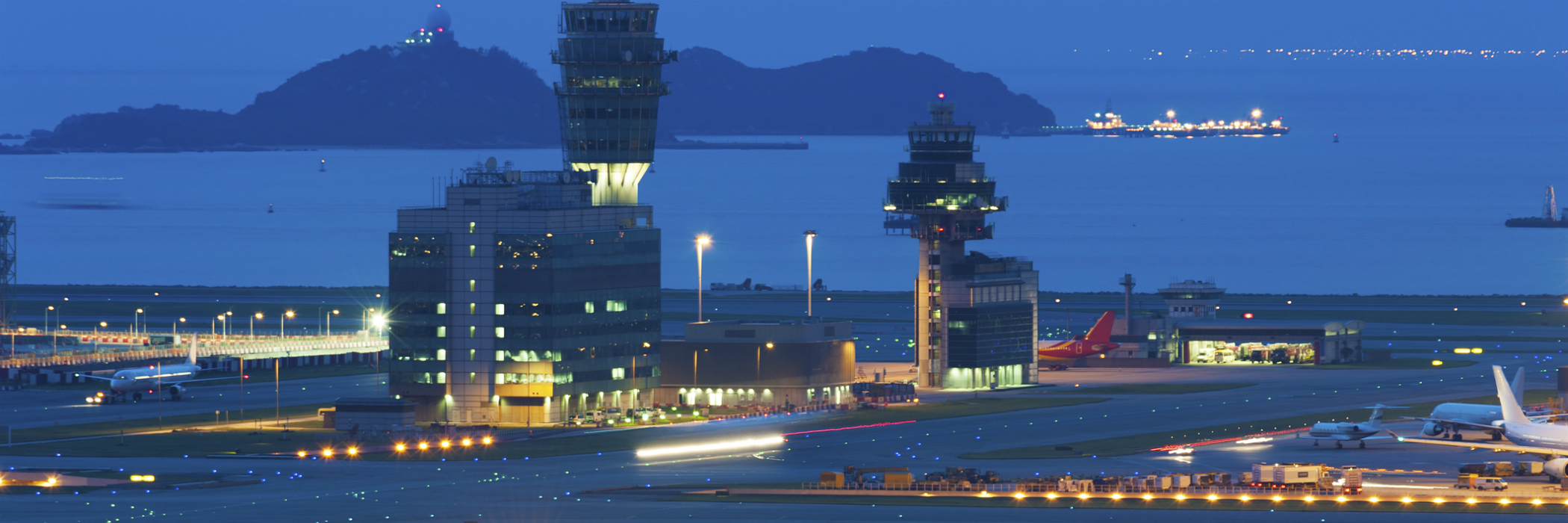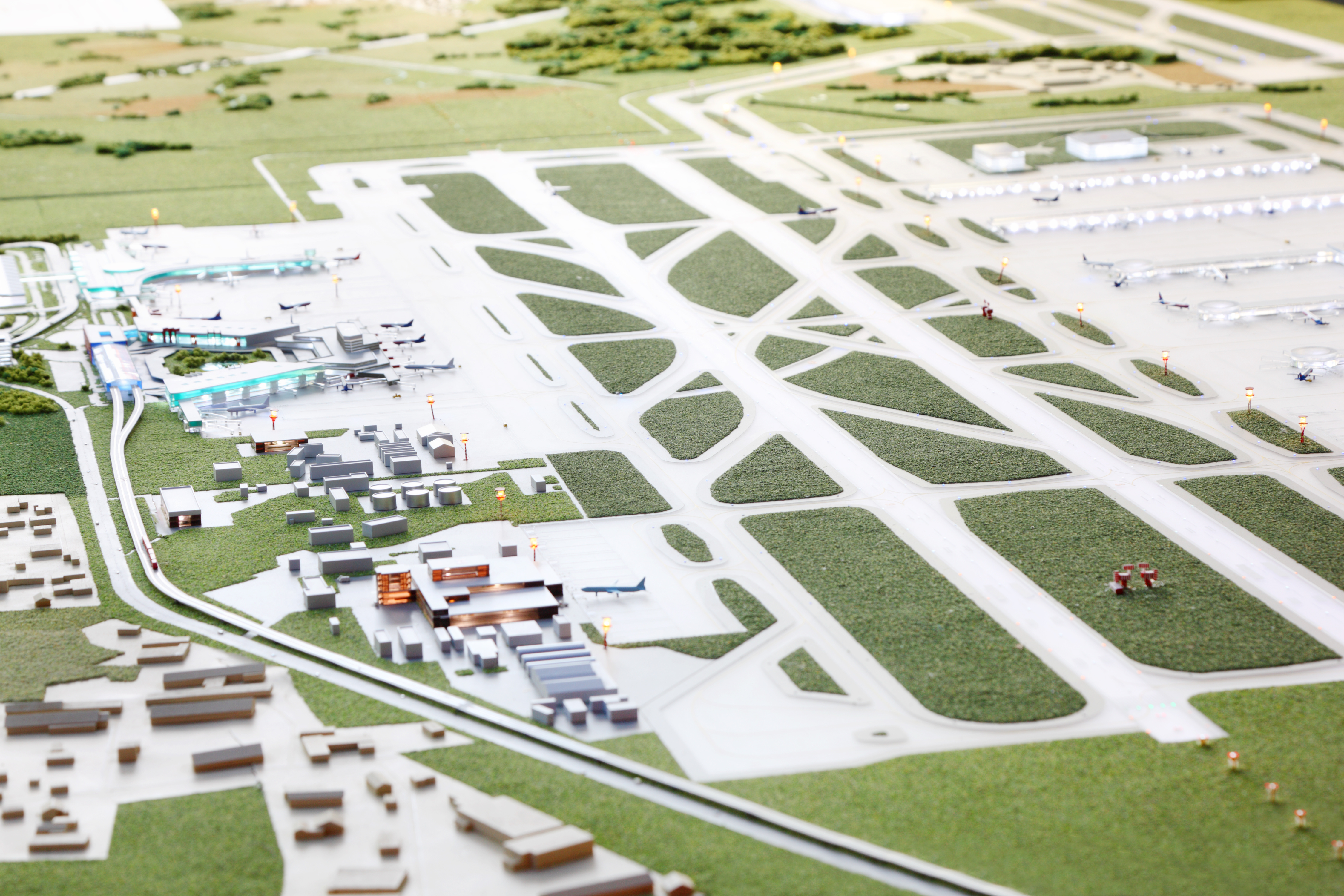Certificate Detail: ARPT-PLAN - Airport Planning, Design and Development Certificate

About the Program
Embry-Riddle Aeronautical University's (ERAU) Airport Planning, Design and Development Professional Education certificate introduces students to the vast and complex issues of airport planning. Because so many factors and considerations go into the planning and design of modern airports, safely moving people, aircraft, and cargo in and out of facilities requires coordination, cooperation, and collaboration among internal and external stakeholders. Our experienced faculty and in-depth curriculum address how social, regulatory and political changes have influenced today's planning and design.
Students may take courses individually or pursue the professional certificate by completing the three required courses and one elective for a total of four courses (see Course Specifics below). There are no prerequisites and courses may be taken in any sequence.
Who Should Attend
Anyone whose career necessitates an understanding of the design and development of airports, to include:

- Airline managers
- Airport operations managers (including airside and landside development)
- Airport planners
- Airport planning consultants
- Airport/aviation directors
- FAA airports district office director and staff
- National, regional, and local agencies and associations directing and managing airport planning and design efforts
- State aviation planners
- State Department of Transportation representative and staff
Key Topics
Airport Planning and Design:
- Fundamentals of planning and design in domestic and international airport facilities
- Current airport facilities and industry ranking in terms of passenger movement and cargo throughput
- Multi-airport systems and their impact on airport planning and design
- Planning issues such as landside access and egress, intermodal transportation systems and traffic flow
- Concepts and processes of mechanical and computerized baggage handling systems
Airport Security: 
- Emergency threats and responses
- Duties of the airport security coordinator
- Physical security principles and crime prevention
- Current security laws and regulations
Airport Safety and Certification:
- Airport certification requirements
- Airport emergency plans and airport rescue firefighting
- Identification, assessment, and mitigation of airport hazards including runway safety and winter operations
- Wildlife management
- Safety Management System applications
 Airport Terminal Design:
Airport Terminal Design:
- Eras of airport planning and history of air service
- The modern airport
- The business of airport planning
- Contemporary domestic and international terminal design
Airport Sustainability and Environmental Management:
- Pillars of sustainability
- Airport operations environmental impacts
- Environmental regulations and standards
- Sustainability and environmental decisions at airports
- ICAO standards and member state compliance best practices
Course Specifics
- When: Courses are offered every other month.
- Where: Online; courses are instructor facilitated and taught in an asynchronous format. All courses have scheduled start and end dates and required weekly assignments, though students are not required to log in at any specified time or day during the week. Students interact with instructors and classmates through discussion boards, assignments, and email.
- MGM 2500: Airport Planning and Design ($599)
- MGM 2600: Airport Terminal Design ($699)
- MGM 2700: Airport Sustainability and Environmental Management ($699)
Courses
| Course Title | Mandatory | Year Span |
|---|---|---|
| Airport Planning and Design [MGM 2500] | Mandatory | 0 |
| Airport Terminal Design [MGM 2600] | Mandatory | 0 |
| Airport Sustainability and Environmental Management [MGM 2700] | Mandatory | 0 |
| Airport Security [MGM 2900] | Elective | 0 |
| Airport Operational Safety and Certification [MGM 3100] | Elective | 0 |

 Cart (0)
Cart (0)